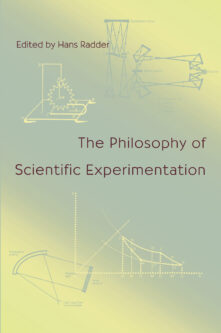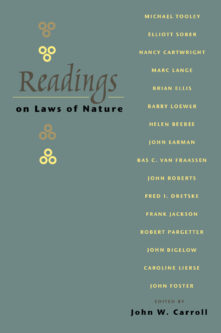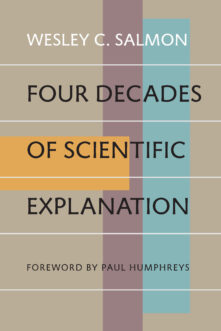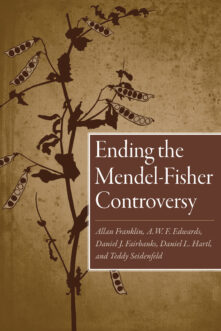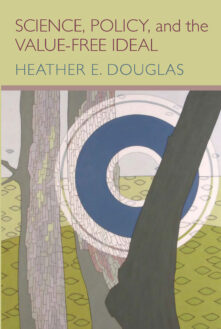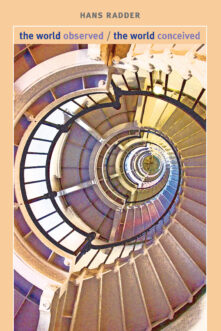Books
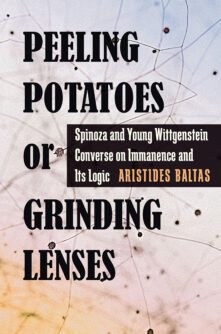
Peeling Potatoes or Grinding Lenses
Spinoza and Young Wittgenstein Converse on Immanence and Its Logic
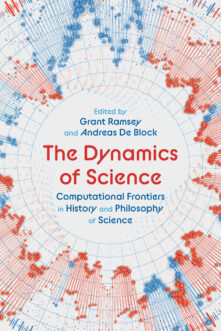
The Dynamics of Science
Computational Frontiers in History and Philosophy of Science
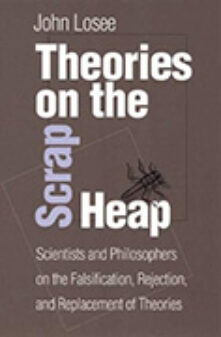
Theories On The Scrap Heap
Scientists and Philosophers on the Falsification, Rejection, and Replacement of Theories
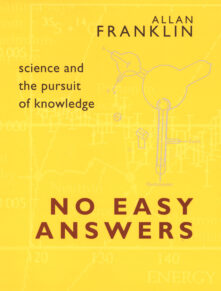
No Easy Answers
Science and the Pursuit of Knowledge
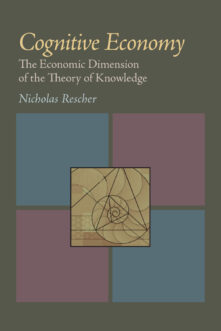
Cognitive Economy
The Economic Dimension of the Theory of Knowledge
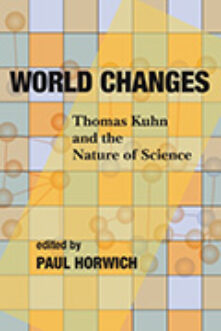
World Changes
Thomas Kuhn and the Nature of Science
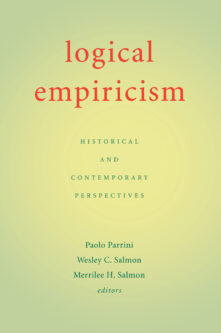
Logical Empiricism
Historical and Contemporary Perspectives
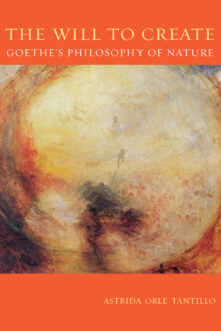
The Will To Create
Goethe’s Philosophy of Nature
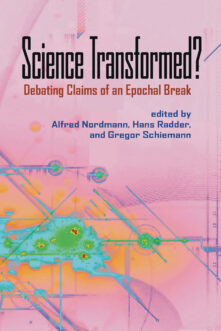
Science Transformed?
Debating Claims of an Epochal Break
Total 34 results found.


